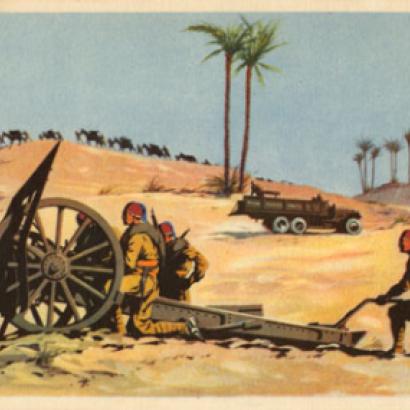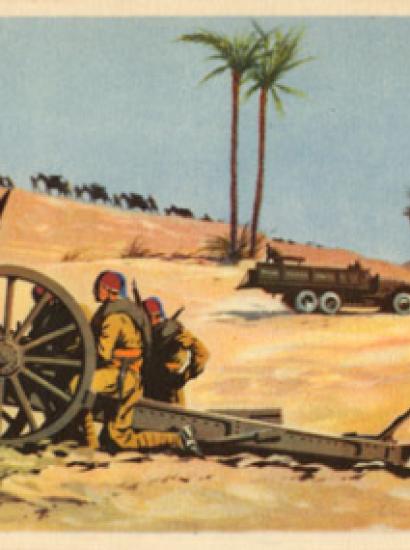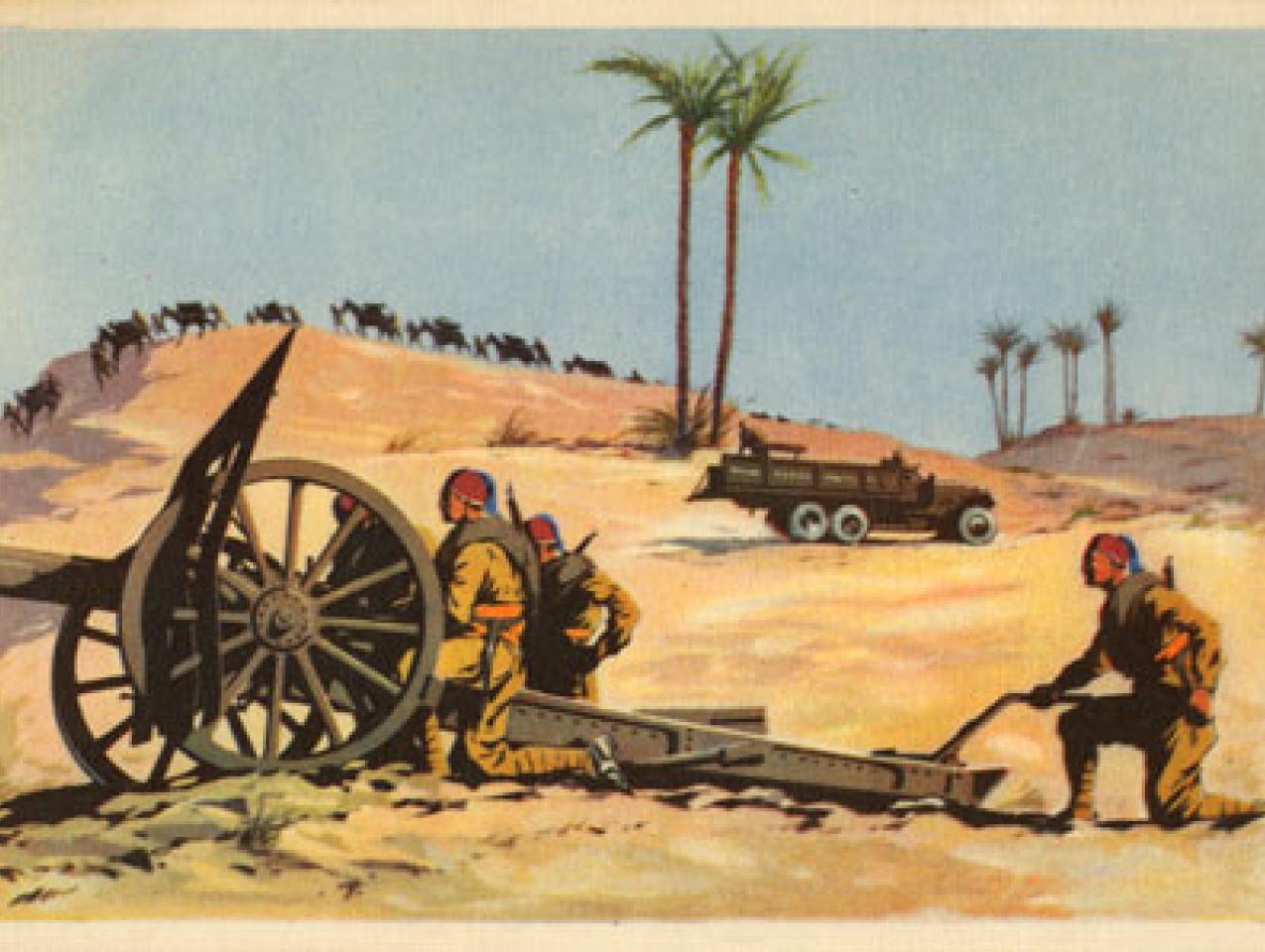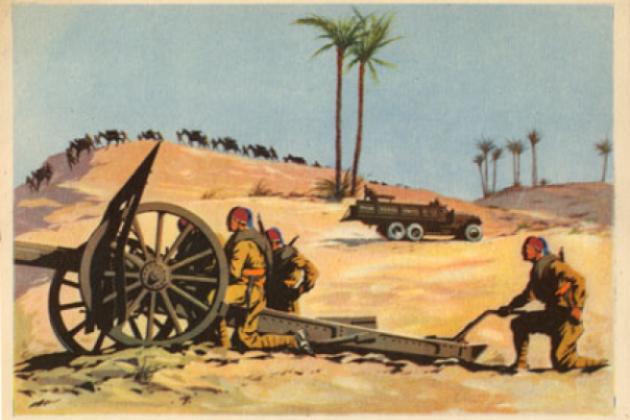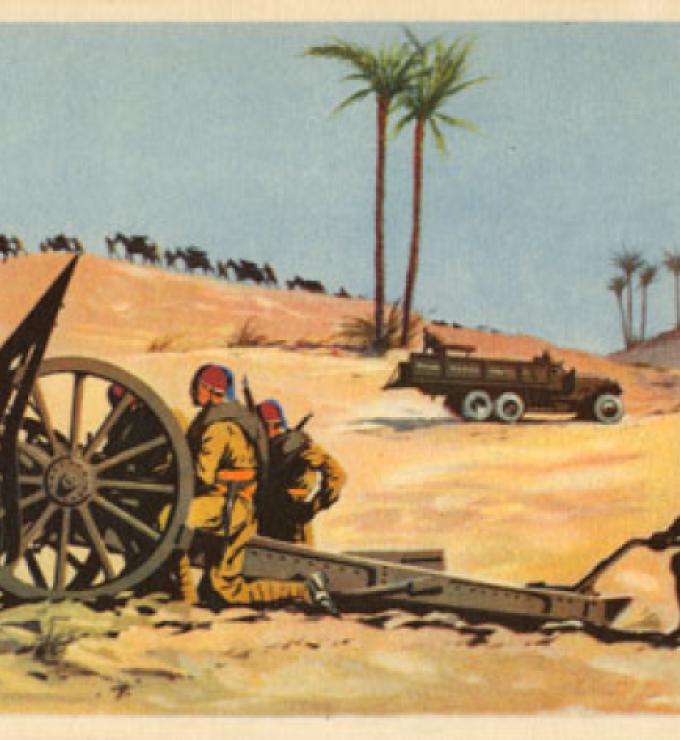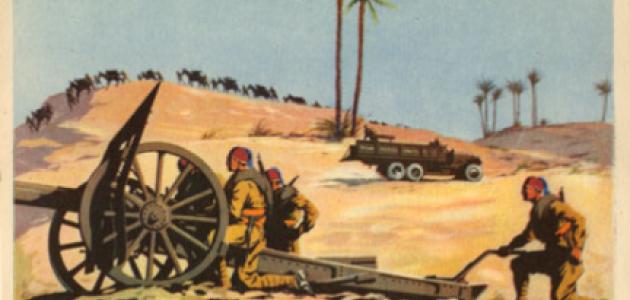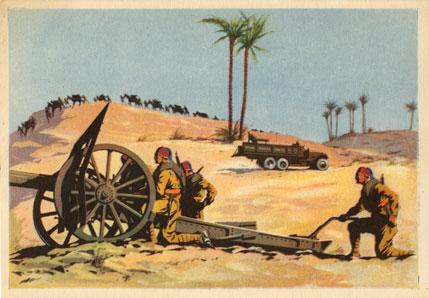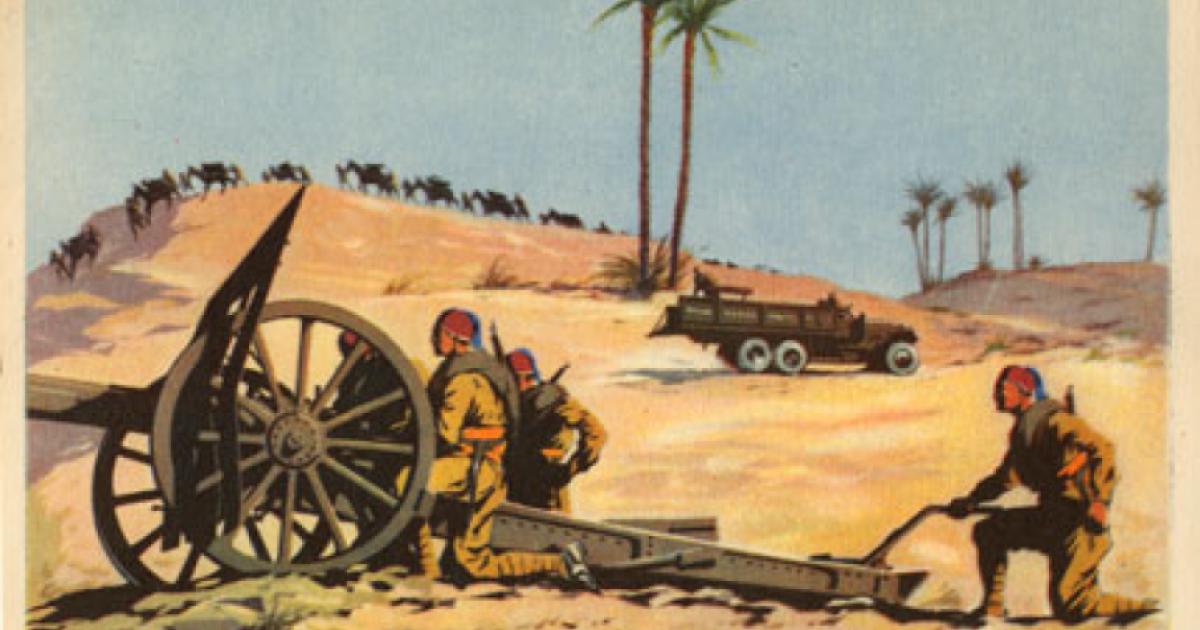
When the Arab Spring began in December 2010, it presented a perfect opportunity for doing what the United States historically has done best: spreading freedom, human rights, and representative institutions. Through the catastrophic mismanagement of the Obama Administration, however, the Arab Spring instead has only damaged America’s allies in the region, and has not sounded the death knells of any of her enemies.
No one has a bully pulpit on matters of liberty like the American President, not even the Pope. The office has been synonymous with the phrase “Leader of the Free World” for decades. In each succeeding generation there has been an American president who has sought to extend liberty in a tangible way, and crucially in a manner that has also fitted in with the unavoidable exigencies of American Realpolitik. Yet by concentrating solely on Realpolitik– and even getting that wrong–President Obama and Secretary of State Hillary Clinton completely blew the West’s best chance since the Sykes-Picot Agreement of 1916 to remodel the Arab world.
Having failed to have supported the internal opposition in Iran during the 2009 “elections” there, when the Arab Spring looked like it was spreading to Syria in 2011, the Obama Administration ought to have supported the insurgents with more than merely the verbiage poured out by the State Department. The destabilization of both regimes ought to have been at the top of U.S. foreign policy agenda. As in the toppling of Colonel Gadhafi, an operation to which the Administration came to far too late and too gingerly, American lives need not to have been placed in jeopardy. In Syria, U.S. money, advanced weaponry (including imposing an early no-fly zone over much of the country), and other more covert support ought to have backed up Obama’s and Clinton’s seemingly endless reserves of rhetoric. Instead, around 100,000 people have been killed in Syria with nothing positive to show for it, and the distinct chance that Bashar al-Assad will still be in place serving Iranian and Russian interests for years to come.
For all that some historians sneer at Woodrow Wilson’s Fourteen Points nowadays, in fact their forthright belief in representative institutions gave real hope to the inhabitants of a war-torn continent. Franklin Roosevelt’s joint declaration with Winston Churchill of August 1941, the Atlantic Charter, reasserted that belief even before the United States entered the war, and still has the power to bring a lump to the throat today. Dwight Eisenhower’s denunciation of the brutal crushing of the Hungarian Uprising was the authentic voice of a true leader of the free world. Ronald Reagan’s demand to Secretary Gorbachev to “tear down this wall,” backed up by relentless Realpolitik pressure on the USSR, led to the greatest extension of liberty since the end of Nazism. George W. Bush brought representative institutions to Iraq and Afghanistan, whose survival are only now threatened by Mr. Obama’s over-hasty withdrawal from the former and plan for an equally over-hasty withdrawal from the latter. (Certainly, the recent terrible bloodletting in Iraq can be directly attributed to Obama’s scuttle policy.)
In Egypt today, the vacillations of the Obama Administration have resulted in a situation that has been well summed up by Vali Nasr, dean of the Johns Hopkins University Paul H. Nitze School of Advanced International Studies and a former senior Obama adviser, who points out that: “The Mubarak people are unhappy with the way he was shoved off without a thank you. The military thinks we coddled the Brotherhood and didn't intervene to control them. And the Brotherhood thinks that we never supported them when they needed support, and then gave the green light to the military.” It may well be that after his commendably brutal suppression of the Muslim Brotherhood, General Fattah al-Sisi will return Egypt to secular authoritarianism, but aspects of his record–including a revealing paper he wrote for the US Army War College–suggest that his goal is in fact a hybrid regime that would combine Islamism with militarism. Where United States interests are left in such an outcome is unclear, but they certainly won’t be as well served as they were before the Arab Spring.
Opportunities to reshape as conservative a place as the Middle East come rarely. Because the Arab Spring arrived during the presidency of someone so uniquely unversed in foreign affairs, and advised by a secretary of state so obsessed with her own presidential ambitions that she feared to take any bold step in the region, the United States comprehensively blew its many chances to help channel the Arab cry for change in a way that served freedom, human rights and Western interests. After the French and British leads on Libya and Syria, and the strong stances taken by prime minister Stephen Harper of Canada, it will fall to the next president of the United States to try to regain that all-important soubriquet: “Leader of the Free World.”







